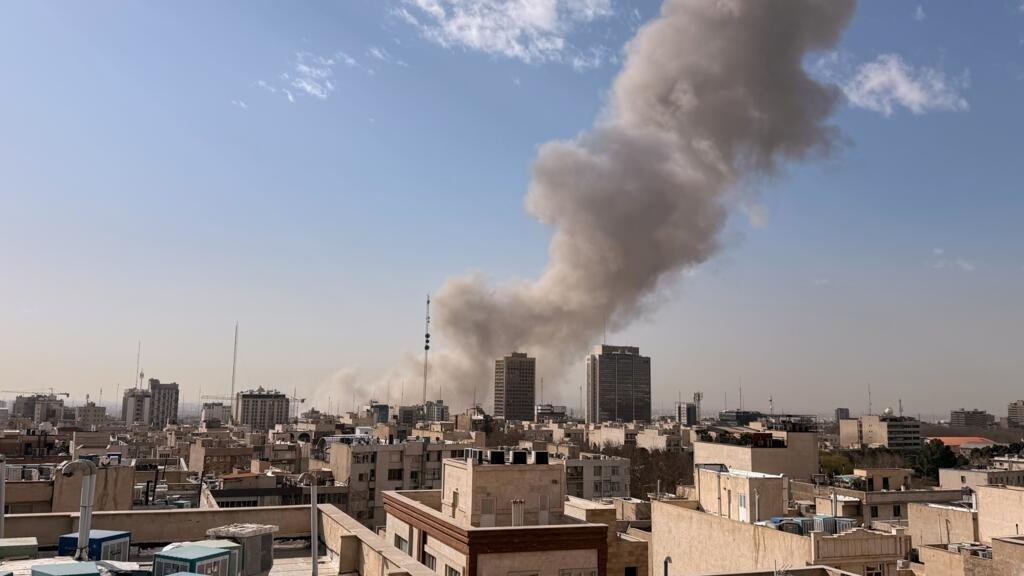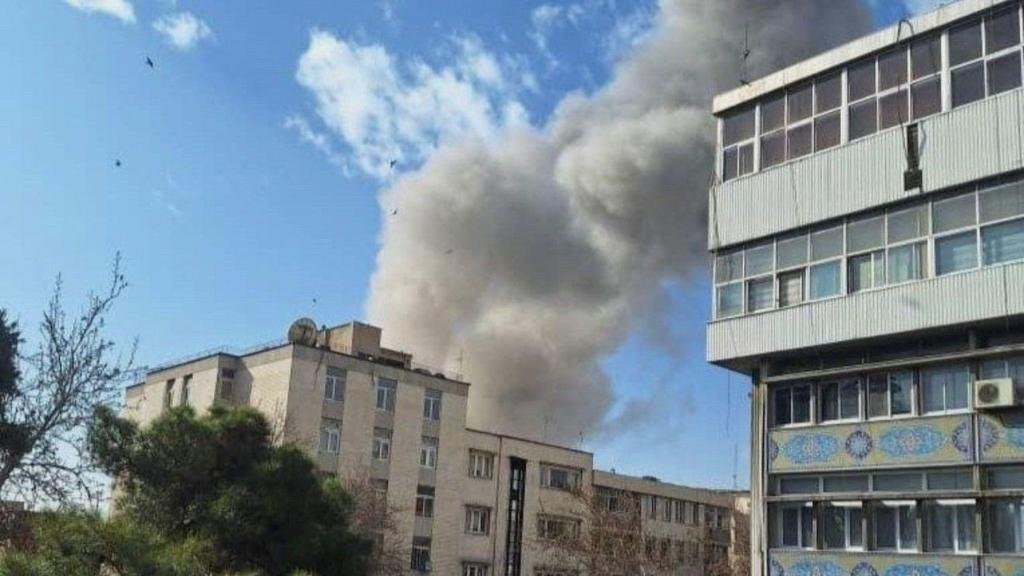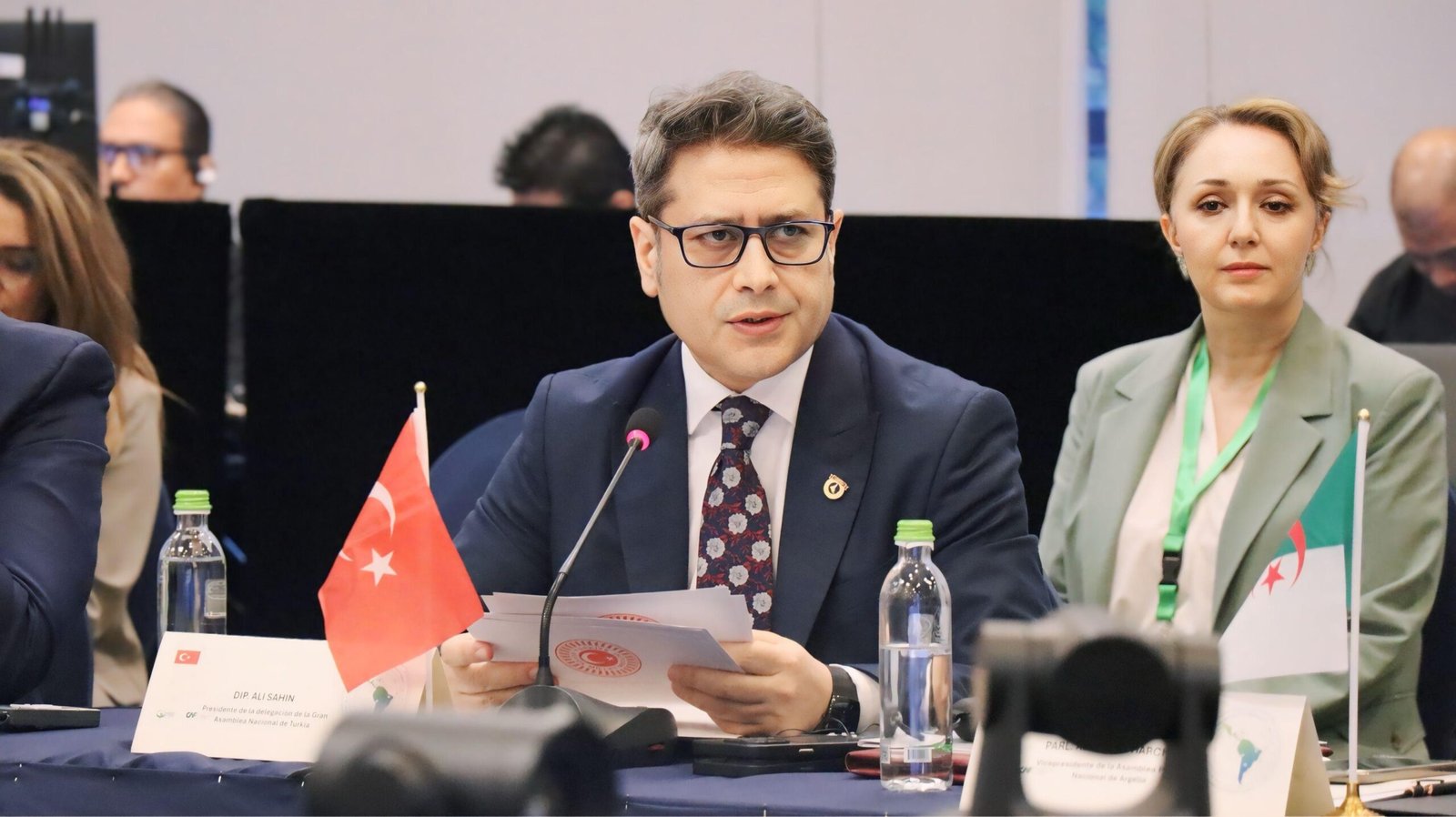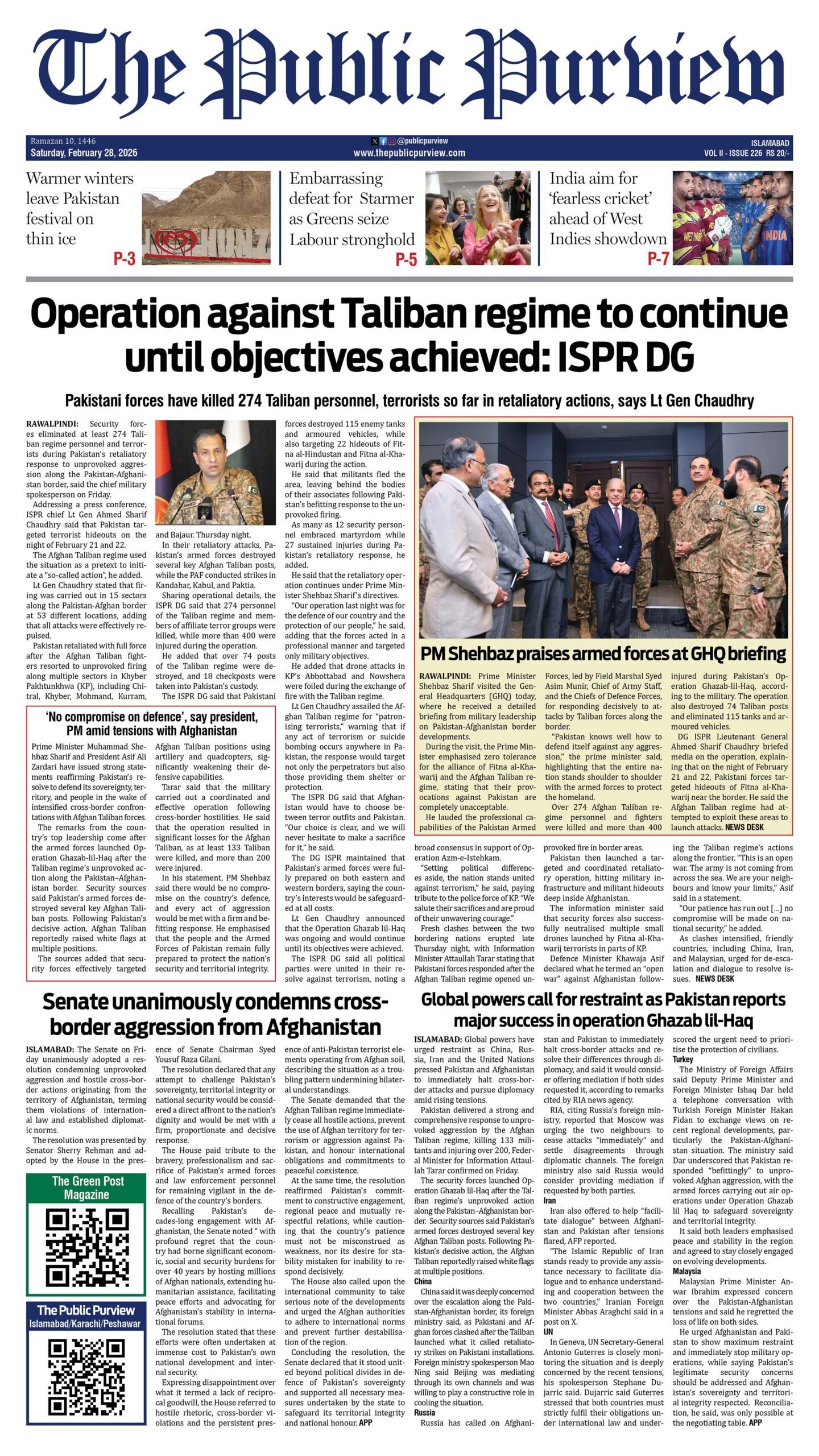By Hafiz Ehsaan Ahmad Khokhar
The recent explosion on 10th November in Delhi once again highlights the increasingly fragile boundary between criminal investigation and political theatre in South Asia. In India’s security discourse, violent incidents are often immediately transformed into instruments of political messaging, frequently preceding the completion of any formal forensic verification. The Delhi FIR was registered and transferred to federal investigative agencies almost instantly, even before confirming the nature or cause of the explosion. Such haste undermines evidentiary integrity and raises important questions about the underlying motivation behind the narrative propagated in the immediate aftermath.
Security Response and Investigative Weaknesses
India’s criminal-justice response in sensitive cases consistently demonstrates a recurring pattern: broad and sometimes speculative allegations, accelerated media trials, and judicial outcomes that are often delayed or inconclusive. The Delhi FIR, reportedly based on unverified intelligence inputs, omits the inclusion of independent witnesses, lacks documentation of a clear chain of custody, and invokes extraordinary anti-terror provisions without establishing a demonstrable factual nexus. Within hours, ministers publicly attributed responsibility to unnamed external actors. While such statements may serve immediate political optics, they fundamentally contradict the principle that legal culpability must be determined on the basis of evidence rather than inference.
Historical Security Patterns and Political Timing
Historically, this reflex is not new. Prior to every major election cycle or the visit of high-profile international dignitaries, India has witnessed heightened security rhetoric that often precedes thorough investigation. Past incidents such as the Pathankot airbase attack, the Pulwama, Phelgham and several other high-profile explosions have all followed a similar pattern. These events were swiftly interpreted by officials and media alike as connected to external actors, frequently before the completion of forensic verification or judicial oversight.
Each such incident appears to have been leveraged to consolidate domestic political support, occasionally overshadowing both factual accuracy and regional stability. Analysts observing these patterns have noted that, in several cases, allegations were later revised as investigations advanced, exposing weaknesses in the initial investigative claims and raising concerns over the impartiality and procedural rigor of the agencies involved.
Security Laws and Political Incentives
The structural concern lies in the intersection of law and political incentive. India’s Unlawful Activities (Prevention) Act grants investigators wide discretion, including the power to detain individuals on suspicion of association with proscribed entities. When such discretionary authority is exercised in a politically charged environment, it risks becoming a tool for narrative management rather than the pursuit of justice. The pliancy of the media, combined with executive influence over investigative agencies, creates a context in which security incidents can be framed to achieve electoral or diplomatic advantage. The Delhi blast appears to fit into this broader, well-established script.
Regional Security Implications
Beyond domestic consequences, these tendencies have significant regional implications. Premature attribution of responsibility to external actors inevitably complicates relations with neighboring states, diverting attention from cooperative strategies to address transnational extremism. In May 2025, Pakistan responded decisively to cross-border provocations while reaffirming its commitment to international norms of self-defense and restraint—a stance acknowledged and lauded in international forums. Such measured responses contrast sharply with the pattern of speculative and politicized investigative narratives frequently observed in India, which often obscure accountability and risk exacerbating tensions.
Security Politics and Public Trust
The problem is further exacerbated by majoritarian politics. The current leadership’s focus on hyper-nationalist identity politics leaves minimal space for independent verification or judicial oversight. Investigations that should remain technical and evidence-driven are transformed into symbols of patriotic fervor. Public statements by ministers and ruling-party spokespersons, issued before laboratories or forensic agencies provide conclusive results, shift the process from a legal inquiry to a rhetorical exercise. This undermines public trust, not only internationally but also domestically, where civil-society organizations, legal practitioners, and former judges have repeatedly warned that politically influenced prosecutions distort justice and can endanger vulnerable minorities.
Security Narratives and Media Management
This pattern is compounded by the manner in which investigative authorities communicate with the public. Rapid media briefings, selective leaks, and the framing of narratives in favor of certain interpretations create a situation in which law and justice are subordinated to political expediency. The repeated use of such strategies—whether in the context of explosions, bombings, or other high-profile security incidents—illustrates a systemic preference for managing perception over strictly adhering to procedural safeguards. Analysts have documented multiple instances where early attribution and public speculation were later contradicted by forensic evidence, exposing investigative lapses and reinforcing the perception that these processes are sometimes guided more by political interest than by the rule of law.
Security Laws and Rights Concerns
Moreover, India’s reliance on UAPA for immediate detention and criminal proceedings without established evidentiary basis exemplifies the risk of using criminal mechanisms to achieve political objectives. When legal tools intended for counter-terrorism are employed in ways that bypass thorough forensic verification, they not only threaten the rights of the accused but also weaken the credibility of law enforcement institutions. A state that prioritizes expediency over procedural rigor creates the conditions in which justice itself becomes subordinate to the political narrative.
International Security and Due Process
Internationally, this pattern raises concerns regarding India’s compliance with universally recognized principles of fair investigation and due process. Premature attribution of responsibility, coupled with opaque investigative procedures, undermines India’s position in regional and global counter-terrorism cooperation. Where allegations of external involvement are made without clear evidence, they complicate multilateral security frameworks, including regional cooperation under SAARC and broader United Nations initiatives. Constructive engagement and transparent evidence-sharing are essential to counter terrorism effectively, yet these principles are often subordinated to political imperatives in highly sensitive cases.
Security Lessons from History
The historical record further reinforces the need for caution. Incidents in which initial allegations were made hastily—followed by judicial scrutiny revealing gaps or contradictions—underscore that politicized investigations carry risks not only for justice but also for national and regional security. These cases demonstrate that rushed conclusions can obscure the truth, delay prosecution of actual perpetrators, and damage public confidence in law enforcement institutions. Repetition of this pattern fosters a climate in which citizens and international observers alike question the legitimacy of investigative processes.
Security and the Rule of Law
In response, a responsible state must clearly distinguish between national security management and political messaging. Forensic transparency, judicial supervision, and the public release of verified findings are essential to maintain credibility. Each investigation, particularly in cases involving terrorism or cross-border elements, should be conducted in a manner insulated from political pressure. Only then can law serve as the first line of defense against fear and speculation. Without these measures, every explosion, bombing, or violent incident risks being interpreted as a tool for political mobilization rather than as an event demanding impartial legal inquiry.
Security, Elections, and Regional Peace
South Asia cannot afford the cyclical pattern in which security incidents become election slogans and investigative processes are transformed into instruments of political leverage. The Delhi incident should therefore be viewed not merely as a case of violence but as a test of India’s commitment to procedural integrity, constitutionalism, and the rule of law. Lawful investigations insulated from politics protect both the rights of victims and the broader cause of regional peace. International observers, civil society actors, and legal practitioners increasingly emphasize that credibility in counter-terrorism is achieved not through rhetoric or selective reporting but through adherence to process, transparency, and evidence-based inquiry.
Security Must Not Be Politicized
Ultimately, the lesson is clear: security incidents must not be instruments of political advantage. When investigations follow due process, when evidence is verified and shared transparently, and when political actors refrain from pre-emptive speculation, states reinforce the rule of law and enhance both domestic and international confidence. Conversely, when expediency and narrative management supersede legal rigor, justice is compromised, public trust erodes, and regional tensions are unnecessarily heightened. The Delhi explosion of 10th November, like several prior incidents, exemplifies the critical importance of maintaining this balance and serves as a reminder that law must remain the ultimate safeguard against fear, speculation, and the politicization of security.
Read more expert opinions here: https://thepublicpurview.com/category/blog/
For climate-related stories, visit: The Green Post







 Today's E-Paper
Today's E-Paper